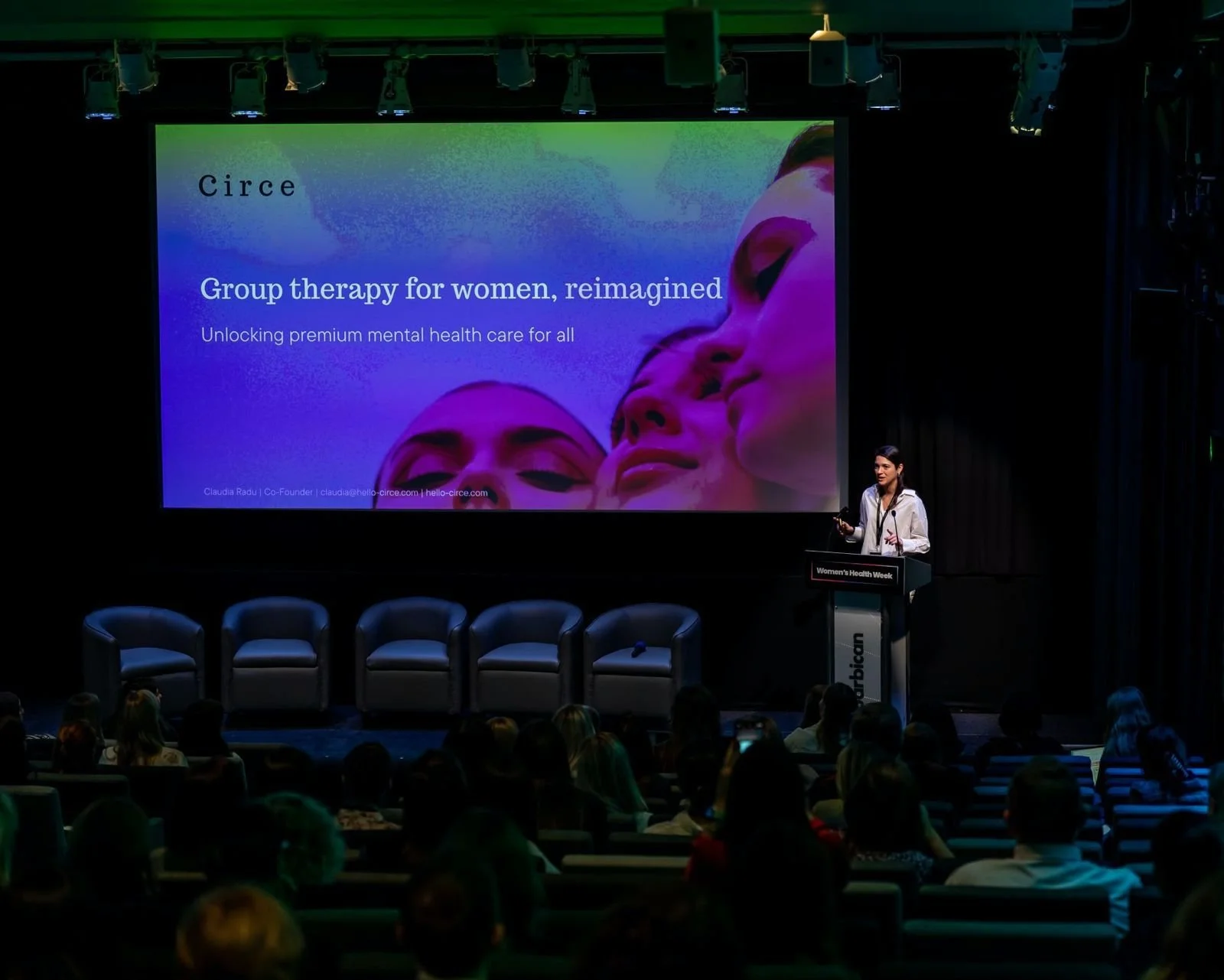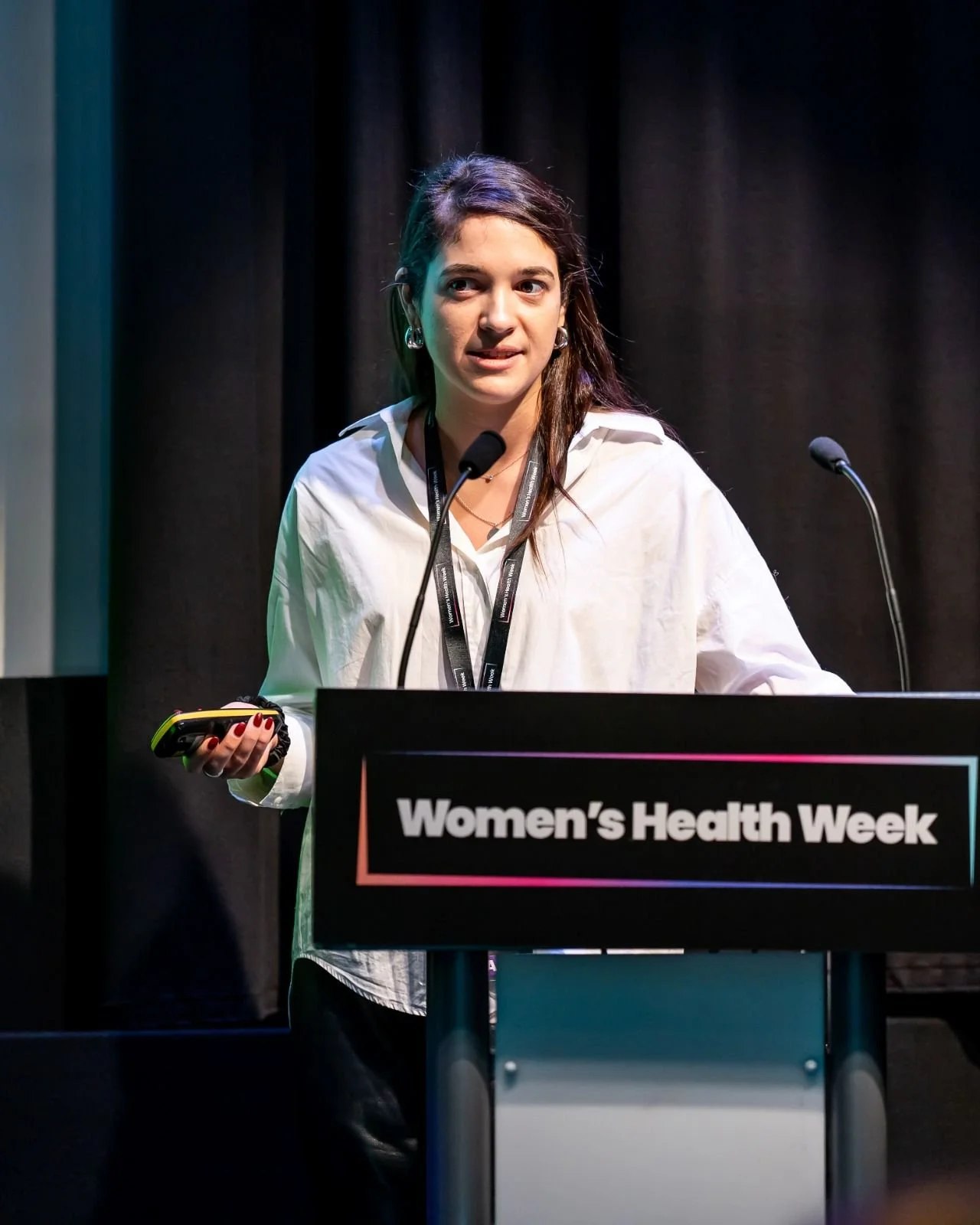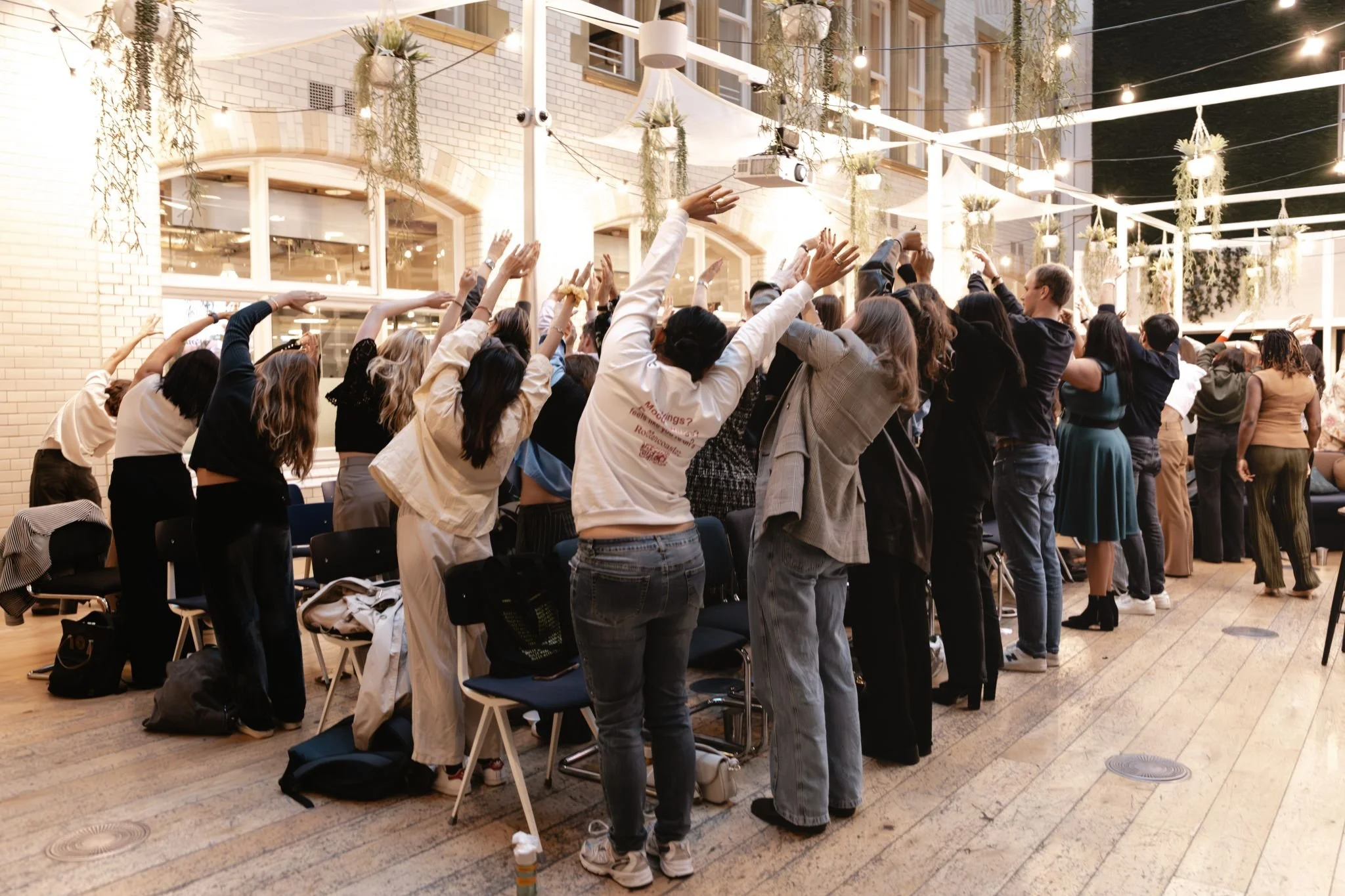







Our story
The reason we started Circe is deeply personal. I spent much of my early life struggling with anxiety and depression, eventually being diagnosed with OCD. Accessing therapy was isolating, slow, and expensive. Treatments were built around male diagnostic norms, leaving my needs largely unaddressed. These experiences shaped my determination to build Circe, a solution I wish had existed when I was at my lowest. Because I’m not alone.
Women in the UK face an unprecedented crisis in accessing mental health support. Right now, 1.7 million people in the UK are waiting for therapy. We’re also short of over 2,000 therapists nationwide. This is why some wait up to 18 months to access care, or end up paying hundreds of pounds out of pocket for private 1:1 therapy.
Within this, women are disproportionately affected: not only do they experience higher rates of anxiety, depression, and burnout, but also treatments have historically been based on male diagnostic norms, leaving women’s specific symptoms under-recognised or misdiagnosed.
Circe is designed to tackle the systemic barriers that prevent us women from accessing mental healthcare by connecting women to online clinical group therapy, making premium care more accessible, affordable, and less isolating.
How it works
Circe provides women with affordable, accessible, and evidence-backed mental health support through therapist-led group programs. Each participant is matched to a themed group of 6–12 women based on symptoms, life stage, and lived experiences—such as workplace stress, reproductive health, trauma, or burnout—ensuring they are surrounded by people who truly understand them.
Every group is run by a licensed therapist, making sessions structured, safe, and clinically effective. This format allows women to receive professional care at a fraction of the cost of one-to-one therapy while benefiting from shared understanding and collective healing.
Between sessions, we provide reminders, exercises, and progress tools to keep you on track with your mental healthcare journey.
Our vision
Our vision is a future where mental health is accessible and equitable, breaking the vicious circle where poverty worsens mental health by ensuring every woman, regardless of income, can access affordable, evidence-based support.
We also aim to reshape diagnostic standards: today, frameworks are built on male symptoms, leaving women under- or misdiagnosed.
With consent, anonymised insights from Circe groups will build one of the largest datasets on women’s mental health, influencing research, policy, and clinical practice—closing the gender health gap and driving lasting social impact worldwide.

Group therapy, vs 1:1 therapy
Clinical group therapy is proven to be just as effective as 1:1 therapy for many of the most common mental health conditions, and for some, to be even more effective for women.
Improved outcomes
Group therapy delivers outcomes equal or superior to 1:1 for anxiety, depression and stress.
Cost-effective
Access premium therapists at a fraction of 1:1 prices making progress sustainable.
Faster progress
Peer learning and encouragement help women adopt tools quicker and stay committed to change
Normalise feelings
Hearing others describe similar fears, or symptoms reduces shame and makes healing easier
Women-only spaces
Women-only settings increase comfort, essential for discussing sensitive challenges
Shared insights
Combine multiple real experiences within a clinical setting to achieve better therapeutic outcomes


